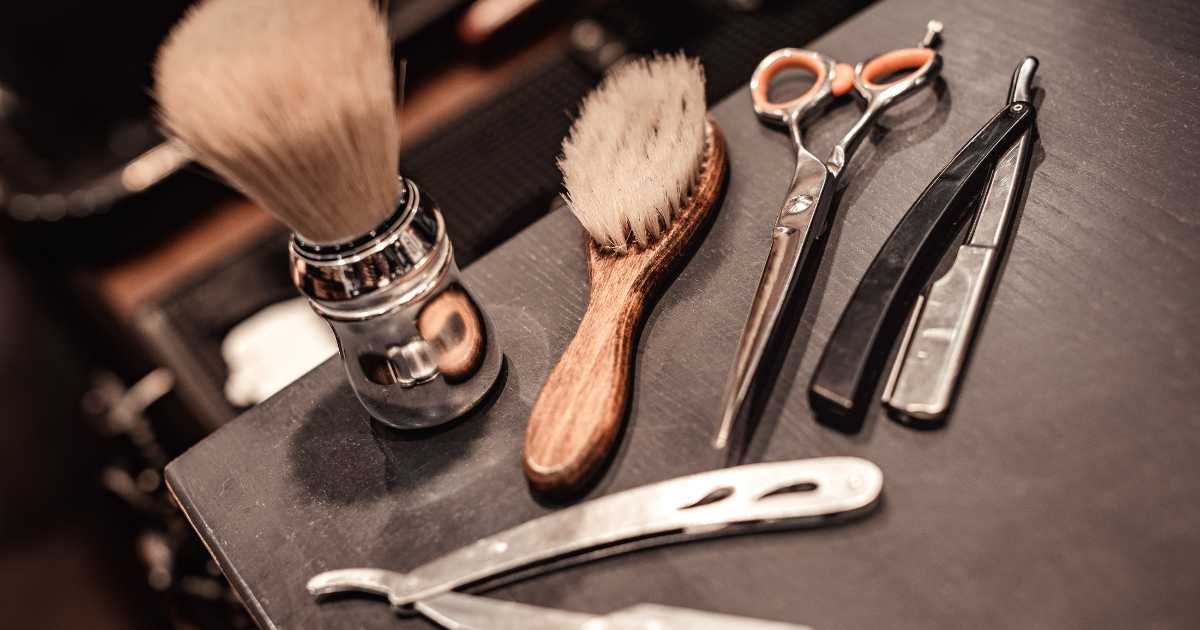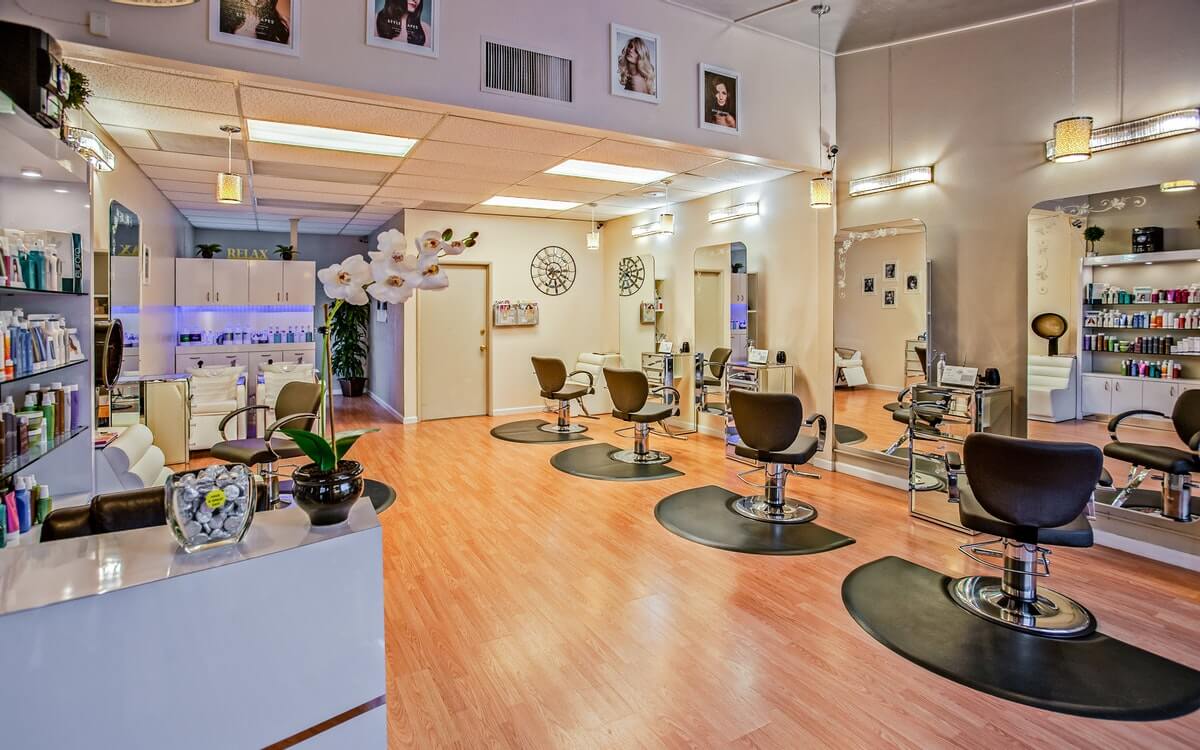The beauty and cosmetics industry is one of the few sectors in which South African women dominate.
Morne Cronje, head of franchising at FNB Business, in a previous interview said that beauty salons and nail bars are industries that cater predominantly for women, but that this is beginning to change. “Interestingly men are also increasingly making use of these services.”
Looking to enter this sector? SME South Africa did the research to find out what you need to start a business as a hair salon owner.
Industry Overview
According to the Economic Report: Economic Impact Analysis of the Hairdressing Industry (Services SETA, 2014) by the Department of Higher Education and Training, the haircare sub-sector is comprised of hairdressers, hairstylists and cosmetologists who offer services such as shampooing, cutting, colouring and styling hair.
The report characterises the hairdressing and beauty industries as having low barriers to entry and high levels of competition.
The hairdressing industry is estimated to have contributed R 24,8 billion in 2015 to South Africa’s GDP (translating to 0,62% of national GDP), and supported 185 415 domestic jobs that earned R 15,99 billion in wages and income through its direct, indirect, and induced contributions, according to the same report.
Getting Started
Michelle Bedderson is a hair salon owner based in Johannesburg. She has been blow drying and cutting hair since she was in high school 30 years ago. “My brother’s girlfriend took me to a salon one day, I watched how curly hair was turned straight. I was hooked from then.”
Her first job in a hair salon was when she was 18 years old in Hillbrow, Johannesburg. She studied Cosmetology and Hairdressing part-time and qualified within two years.
Bedderson says despite having qualifications, you never feel you know enough when you first start, which is why it’s important to invest in your skills.
She advises that one never stops learning. “Invest in knowledge of the products. Invest most of your money on whatever you can learn.”
According to Bedderson self-motivation is what’s behind her success. “For ten years I drove around after work, doing people’s hair – I was doing it to supplement my income. I rented chairs for ten years and then I bought a salon. I’ve [rented a space for my salon] for the past 12 years.”
Invest in knowledge of the products. Invest most of your money on whatever you can learn.
Bedderson says she bootstrapped her business with her savings, which amounted to R 25 000.
Currently, she has weekly recurring clientele. When she has too much on her plate, she asks her staff to take over some of her new clients.

Set-up Costs
- A salon will typically need to be kitted out with chairs, countertops, wash basins, mirrors and cupboards. The lighting must be good. Your hair salon must look hygienic, it must look good.
- Washbasins cost a lot of money. You have to get the plumbing done right, it depends on how much money you can spend. I only have two basins, I have two geysers, and plumbing can get a little tricky, the plumbers will tell you what they can do.
- Each stylist needs his or her own chair, countertop, mirror and space.
- Cupboards for each of your staff to use to store their products or brushes.
- LED lights, not the hot ones, I prefer those because you work with a lot of heat in a salon.
- Good ventilation is needed. In a shopping centre, you need an air conditioning. I just open my door to get air.
- A tumble dryer and washing machine to wash and dry the towels (some hair salons have this). I go to the laundromat – I don’t have space for those machines – also those machines can add to the cost of water and electricity. Currently, my water and electricity costs for my shop are R 1 600 a week.
- If you are starting out at home, you will need a basin set, a chair and a mirror.

Location
- The area where I have a shop currently is an area that is affluent and people are investing in this area. Before, this, I lived in Riverlea, Johannesburg, but I didn’t want to work in that area.
- You must be in an area where you can get customers off the street. The costs of the premises will depend on the area, also the traffic around the shop. You will determine the prices of your services also based on the area.
Sales and Marketing
- Advertise greatly, [announce the] launch of your services in the local newspaper and on social media.
- Keep testimonials of the few clients you have, and take videos of what you did with them.
- Word-of-mouth advertising is powerful. Your work needs to be good, because clients are walking adverts, every time you do their hair, the standard of your work should be high.
- Sometimes specials, like bringing a friend along for a free service, are not a great idea because you can lose money.
- Don’t waste money on flyers – people throw those away.

Pricing
- Consider the cost of your products, break it down to the millilitre, and also look at the area you are working in.
- Be aware that some people won’t pay your price and will come in to negotiate. Remember, you are competing with other salons (including franchises) and your quality of services differs.
- Understand that some clients will only want certain services. I have a lot of customers that will only have a cut and colour, not do a blow dry (they will do this at home), because of tough economic times.
- When you advertise your services, be clear on what you offer. Colour, colour techniques and hair extensions are where the money lies.
Training and Support
- You have the internet and people sharing advice.
- The IQ Cutting Method course changed the way I cut hair.
Organisations to follow
Start-up Advice
- Never stop learning.
- Don’t become complacent.
- Have the customer’s best interest at heart.
- Invest in training. Invest in improving your staff’s skills, education, equipment, and resources for later.
- To take leave, you have to save money. You also work ahead (to take leave).
- You should not buy from [retail stores], instead buy from wholesalers who are also there to offer support.
- If you are a novice, attend courses to get to know your products well.
Mistakes to Avoid
- Giving away free services, rather than giving away a free product. This is because your labour is your livelihood. Your skills are something you have honed to feed yourself, it’s the thing you earn your money with.
- Over-promising and under-delivering – don’t do this.
- Eating the rent money.



















Discussion about this post